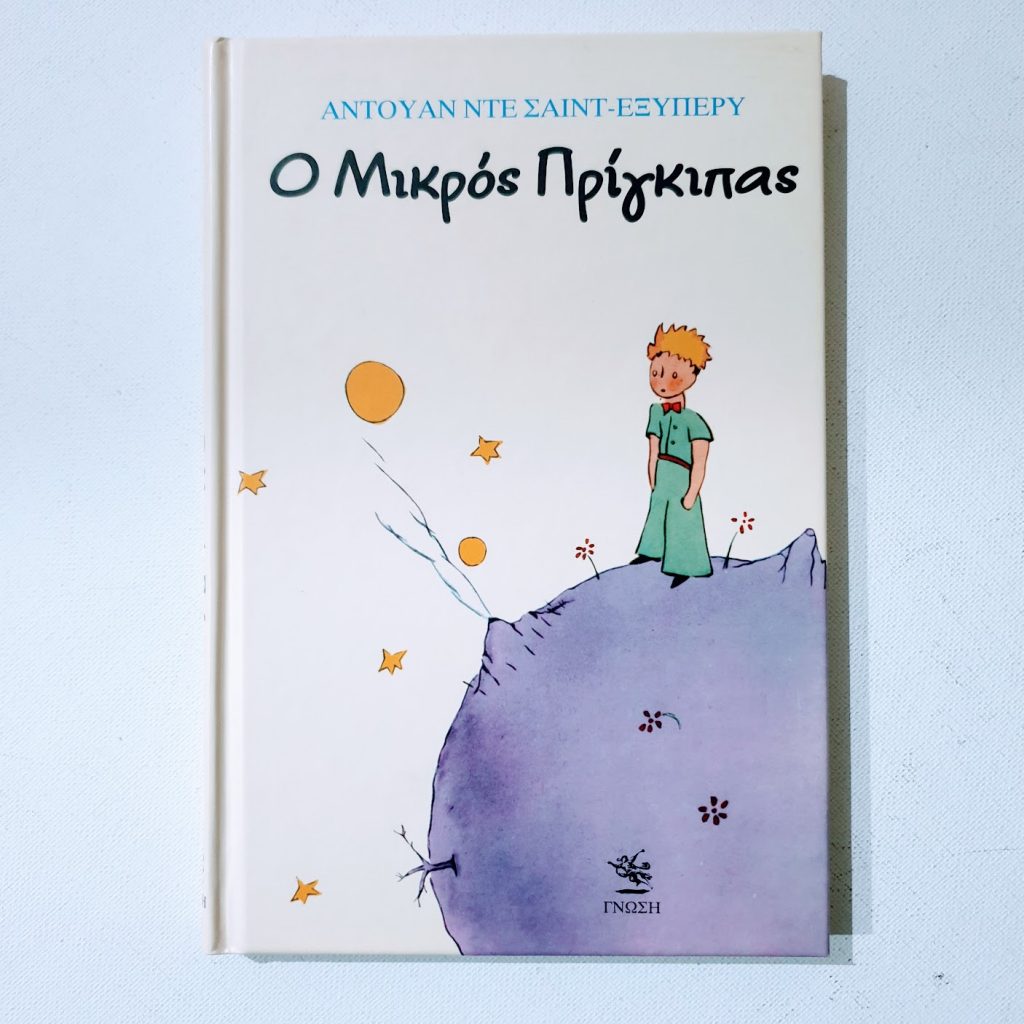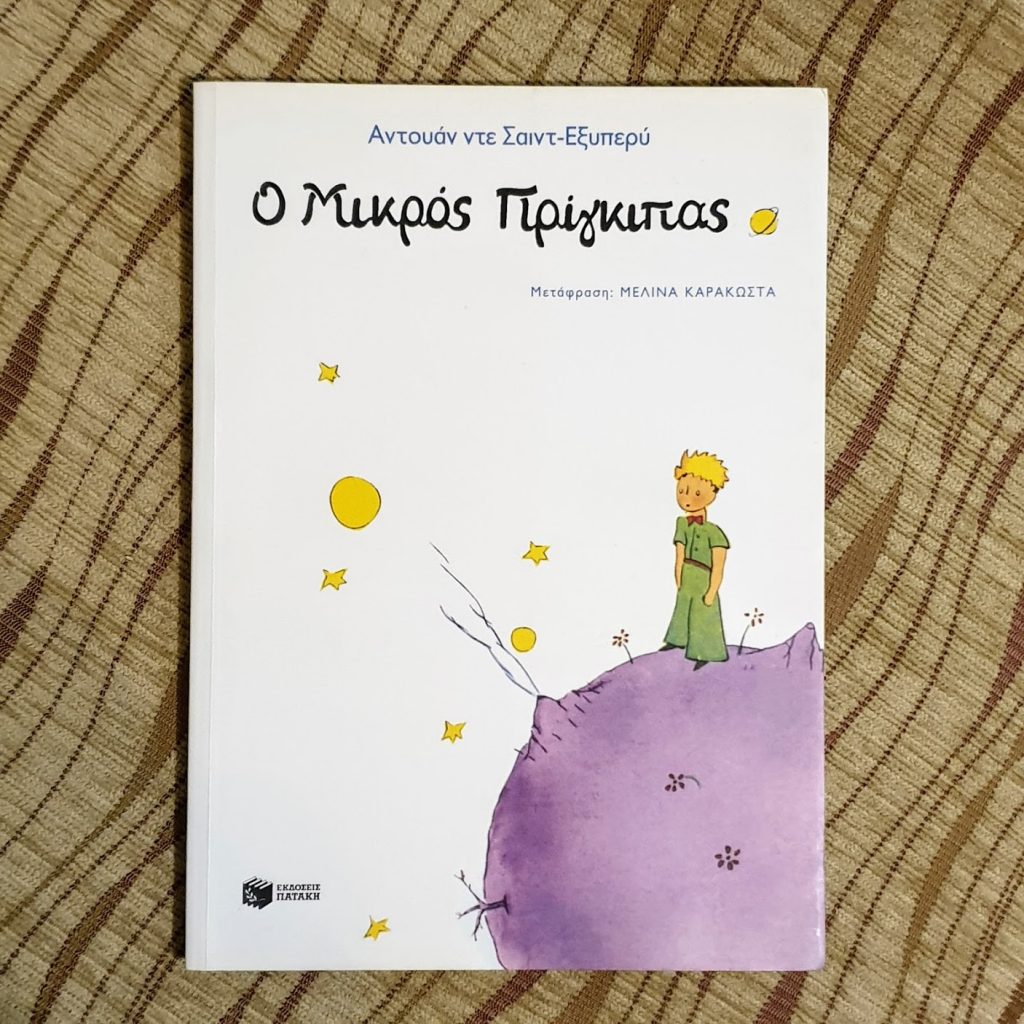
Ο Μικρός Πρίγκιπας / O Mikrós Prínkipas — in modern Greek.
The Greek language, or ellinikí glóssa, stands as one of the oldest continuously spoken and written languages in the world, a linguistic thread unbroken from the Bronze Age Mycenaean syllabary of Linear B to the digital age of contemporary Greece and Cyprus. Its historical depth is unparalleled in Europe, serving as the bedrock of Western philosophical, scientific, and literary thought. From the Homeric epics—Iliad and Odyssey—to the eloquent speeches of Athenian democracy, the New Testament, and Byzantine hymnography, Greek has shaped and recorded the very essence of European and Mediterranean civilisation. What sets Greek apart is not only its impressive diachronic continuity but the richness of its internal evolution: from Ancient Greek’s inflected complexity and Attic refinement, through the multilingual ferment of Hellenistic Koine, to the ecclesiastical grandeur of Medieval Greek and the modern, vibrant Demotic that pulses through Athens’ cafés and seaside villages today.

Culturally, Greek is more than a language—it is a living monument, carried by a society whose identity has been forged by sea and stone, myth and memory. Greek-speaking communities have historically demonstrated a remarkable capacity to absorb and transform influences: from the Persian and Egyptian borrowings of the Hellenistic period to the Slavic, Albanian, Turkish, and Italian traces in regional dialects—particularly in places like Macedonia, Epirus, the Aegean islands, and Asia Minor. This layering is not a dilution, but rather a testament to the Greeks’ cultural permeability and enduring core. The language, for all its changes, retains a remarkable structural and lexical continuity—so much so that educated Greeks can read Plato or the Church Fathers with effort, but without translation.
Modern Greek society cherishes its linguistic heritage with an almost reverent pride. The Greek language is central to rituals of everyday life, from spirited tavern debates and lyrical folk songs to the soaring cadences of mantinades in Crete or tsiattista in Cyprus. Greek humour, often self-deprecating and steeped in wordplay, thrives in the language’s malleability. Even with the pressures of globalisation and English-language dominance, Greek resists marginalisation through active literary production, televised drama, and a vigorous culture of public discourse. Language in Greece is not just a tool of expression but an existential link—binding the modern nation to a shared mythic, philosophical, and sacred past, while also opening channels of connection with neighbouring cultures. It is at once a shield, a mirror, and a bridge—a rare linguistic vessel that holds within it both the weight of civilisational legacy and the immediacy of modern human experience.


